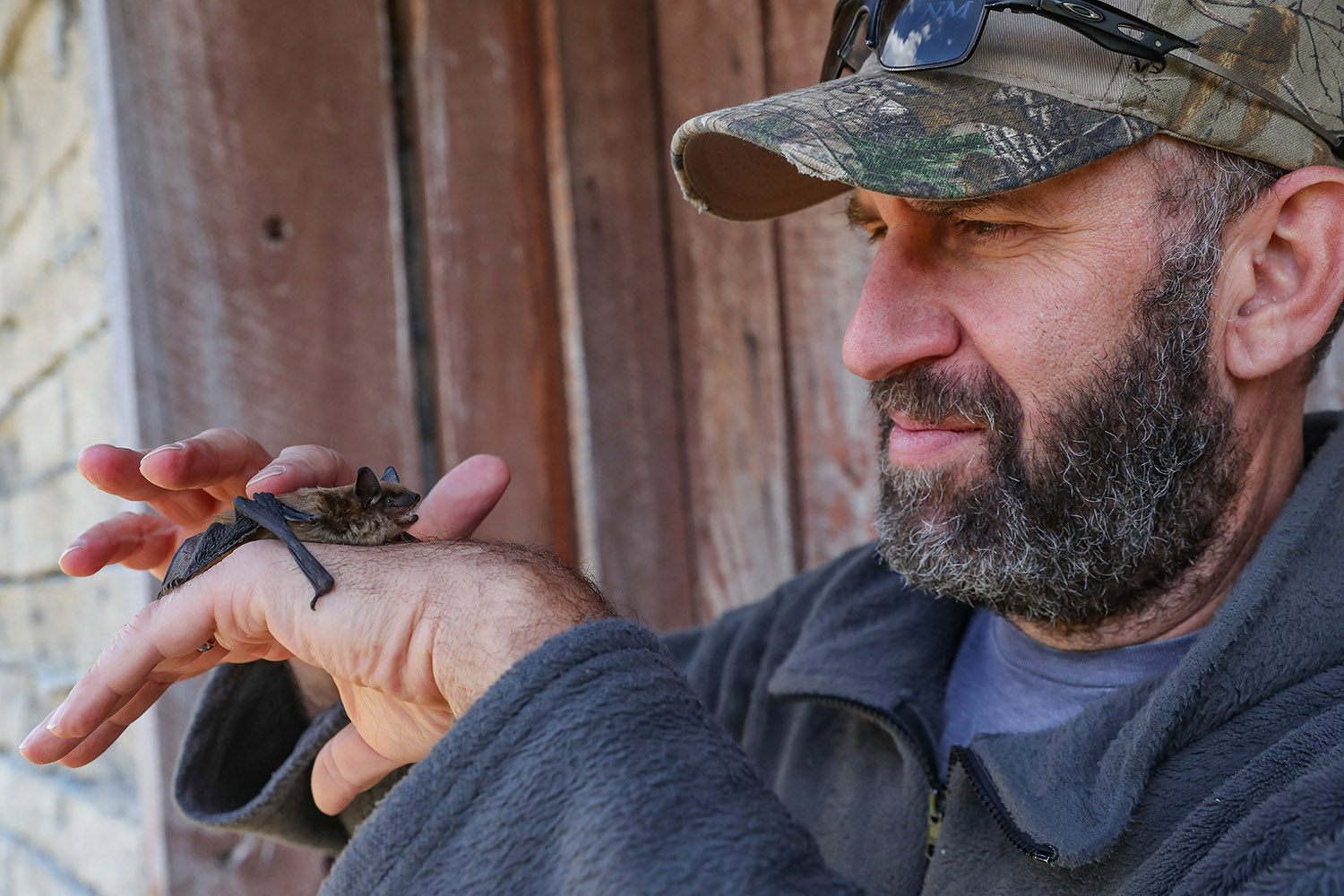
OMAHA – The National Strategic Research Institute (NSRI) at the University of Nebraska has appointed 21 NU researchers as NSRI Fellows. Hailing from the four NU campuses, the researchers span disciplines from engineering to psychology, food science to cybersecurity and more.
As a University Affiliated Research Center (UARC) designated by the Department of Defense and sponsored by U.S. Strategic Command, NSRI and NU must maintain essential engineering and technology capabilities for the DOD to leverage. More than 140 NU researchers serve as NSRI Fellows to help fulfill UARC requirements and deliver solutions.
“NSRI Fellows bring forward expertise and enthusiasm to contribute solutions to our primary DOD mission areas — strategic deterrence and countering weapons of mass destruction,” said Joshua Santarpia, NSRI Fellows program director and science and technology adviser. “While NSRI serves as a trusted resource and guide, NSRI Fellows build the capacity of the four campuses and our institute to deliver. They help ensure we can meet our commitment and our mission.”
Nominated by their peers, confirmed by campus research offices and appointed by NSRI leadership, the cohort of new fellows offers a broad range of expertise that can be applied to challenges within warfighter safety, joint electromagnetic spectrum (EMS) operations and NSRI’s recently launched focus area — food, agriculture and environment security.
Joining a contingent of several fellows well-suited to contribute to the new food, agriculture and environment security NSRI focus area is Keith Geluso, professor of biology at the University of Nebraska at Kearney. Geluso will provide valuable knowledge with novel pandemics associated with vertebrates. He is one of few experts with field experience for mammal trapping, handling, sampling and identification.
“Looking into the future, we must know viruses and other infectious agents in mammals, particularly bats and rodents, before they mutate and cause another regional or worldwide pandemic,” Geluso said. “Understanding all different types of threats is important for all people in the U.S. and for the world. The COVID-19 pandemic highlights the challenges we will continue to face in upcoming years, including those threats that are not human-made.”
The nomination process for new fellows will begin Nov. 1. Learn more about the NSRI Fellows at nsri.nebraska.edu/fellows.
NSRI Fellows 2023 Cohort
- Christopher Barrett, surgery, University of Nebraska Medical Center
- Scott Barrett, psychology, University of Nebraska–Lincoln
- Elizabeth Beam, nursing, University of Nebraska Medical Center
- Byron Chaves-Elizondo, food science and technology, University of Nebraska–Lincoln
- Edward Fehringer, orthopedic surgery and rehabilitation, University of Nebraska Medical Center
- Keith Geluso, biology, University of Nebraska at Kearney
- Loren Giesler, plant pathology, University of Nebraska–Lincoln
- George Grispos, cyber security, University of Nebraska at Omaha
- Mark Hamill, surgery, University of Nebraska Medical Center
- Matt Hille, veterinary medicine and biomedical sciences, University of Nebraska–Lincoln
- Jerry Hudgins, electrical and computer engineering, University of Nebraska–Lincoln
- Kevin Kemp, surgery, University of Nebraska Medical Center
- Joseph Khoury, pathology and microbiology, University of Nebraska Medical Center
- Srivatsan Kidambi, chemical and biomolecular engineering, University of Nebraska–Lincoln
- Yongfeng Lu, electrical and computer engineering, University of Nebraska–Lincoln
- Miguel Matos, surgery, University of Nebraska Medical Center
- Micah Schott, biochemistry and molecular biology, University of Nebraska Medical Center
- Dong Wang, pharmaceutical sciences, University of Nebraska Medical Center
- Eric Weaver, virology, University of Nebraska–Lincoln
- Richard Wilson, plant pathology, University of Nebraska–Lincoln
- Sowmya Yelamanchili, anesthesiology, University of Nebraska Medical Center
